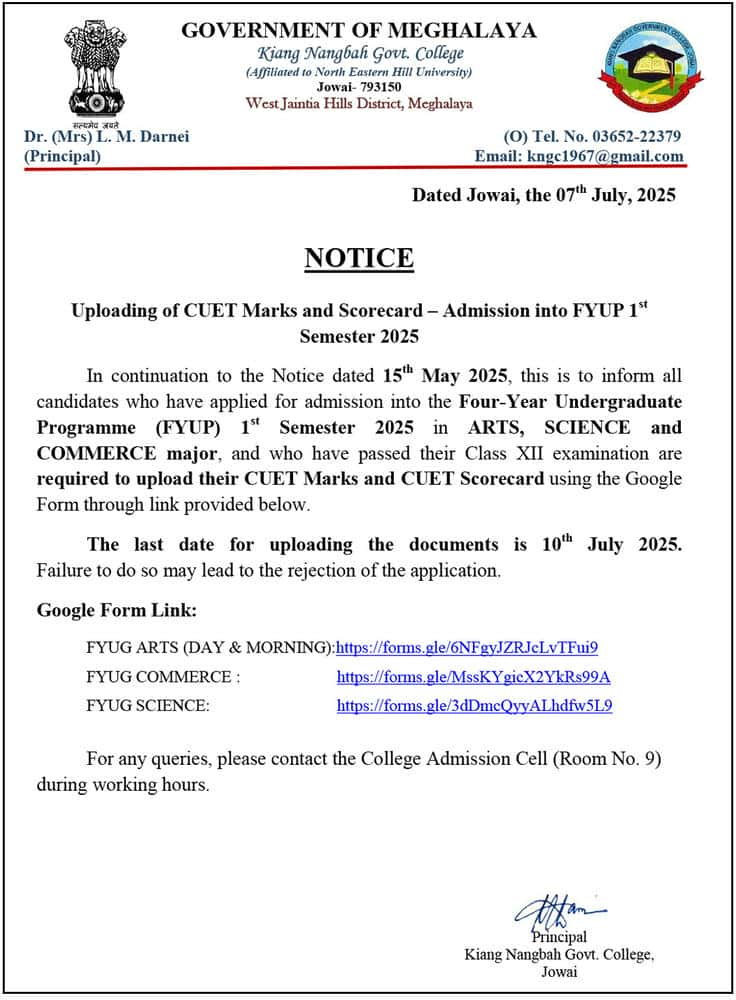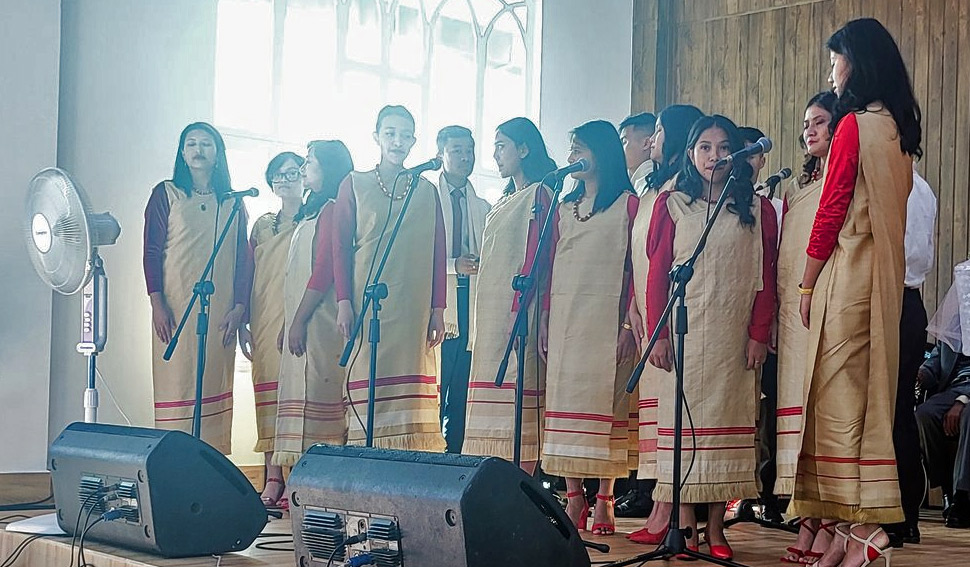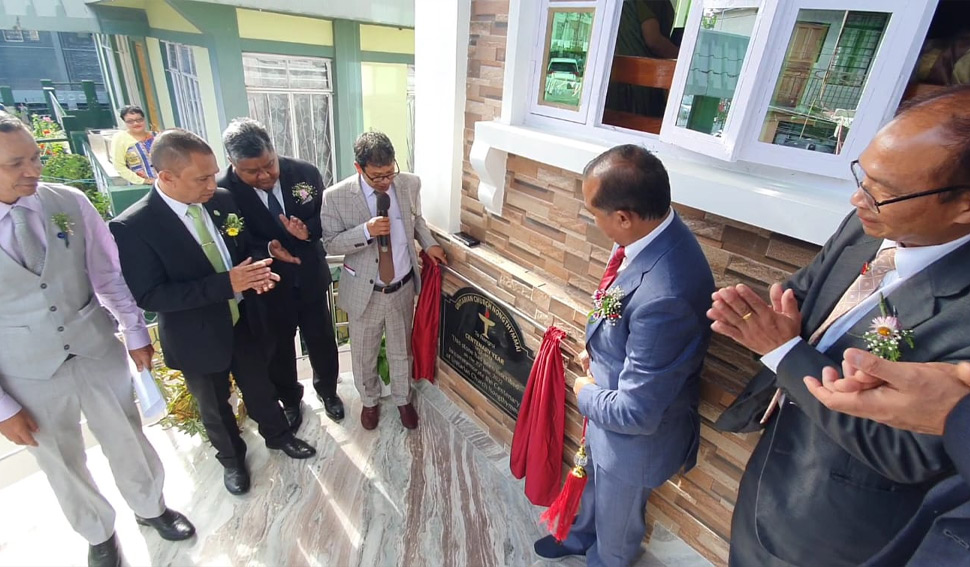Rymbui urges Church to proactively champion reforms in electoral politics

Meghalaya Education Minister Lahkmen Rymbui on Saturday urged religious institutions to take active role in reforming electoral politics in the state.
“The role of the church and religious institutions is to bring about reforms in electoral politics. Everyone talks about how money will play a role in the upcoming elections and the religious institutions have to take the role to educate on how to elect the upcoming leaders,” Rymbui said, addressing at the inauguration of the Centenary Celebration of the Unitarian Church at Nongthymmai.

“The churches and religious institutions should educate their members and openly discuss to see which candidate can contribute more towards the society and the state,” he said.
The education minister said he, like many new age politicians, are not happy with the trend of electoral politics that is coming up in the state.

“We should ponder what society we want in the future. These religious institutions should consider discussing what an elected representative (MLA/MDC) can do for the state and not discuss on how much money a candidate has,” Rymbui said at the function in which representatives of all religious institutions took an active part.
Earlier, Lok Sabha MP Vincent Pala and local MLA Charles Pyngrope also spoke on their association with the Church and its socio-cultural activities in the Khasi – Jaintia Hills since it was founded by Babu Hajom Kissor Sing Nongbri in 1887.
Kissor was a fine and hardworking civil servant who was also one of the finest lexicographer who played a major role in the publication of the first Anglo Khasi Dictionary in 1904 and also in 1920 written by Nissor Sing, his brother.

Unitarian Union of North East India Minister, Rev Derrick P Pariat, gave an overview of the Unitarian Church at Nongthymmai and recalled the contribution of its two women founders – Jylla Kharbithai and Yen Nongkhlaw besides the others who joined the congregation at a later date.
As with traditional Khasi faith, the major emphasis of Khasi Unitarianism is to carry out one’s duty towards God and fellow humans, Rev Pariat said, adding that the Unitarians stress on the unity of God as opposed to trinity prevalent among the other Christian faiths.
The roots of the Unitarian movement lie principally in the Protestant Reformation of the 16th century when people in many countries across Europe began to claim the right to read and interpret the Bible for themselves, the right to seek a direct relationship with God, without the mediation of priest or church and the right to set their own conscience against the claims of religious institutions.

Leave a Reply